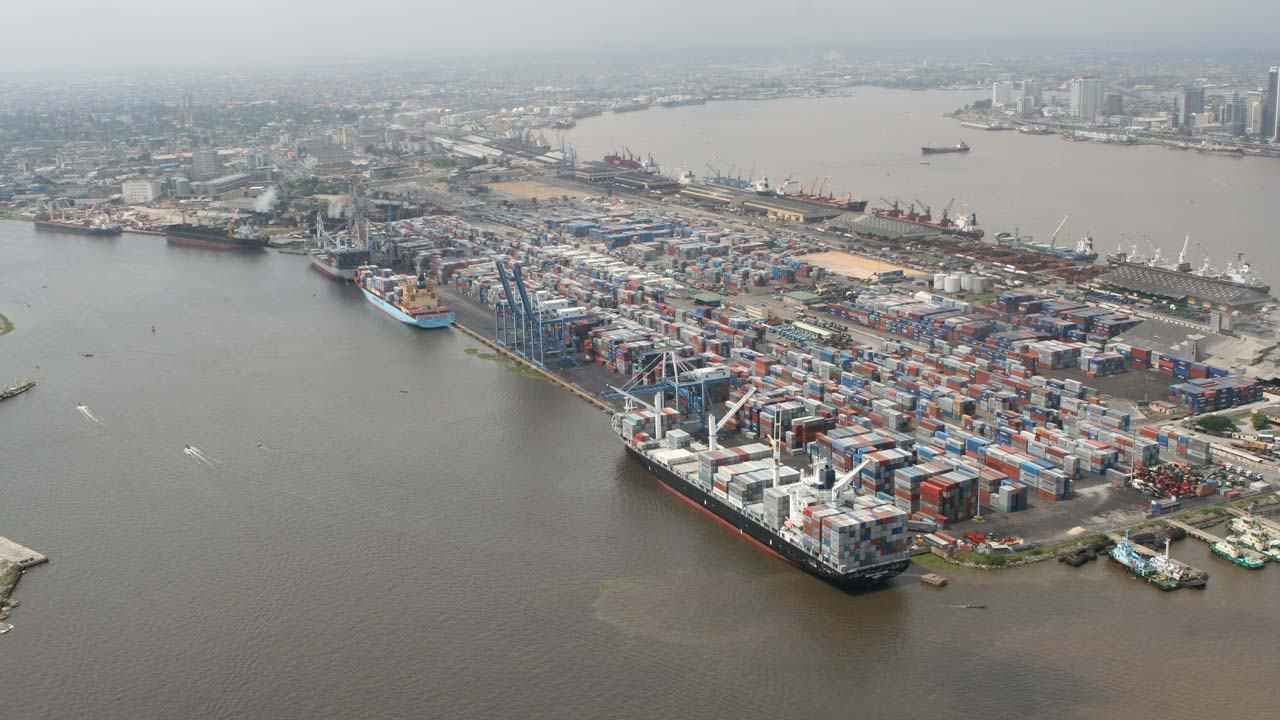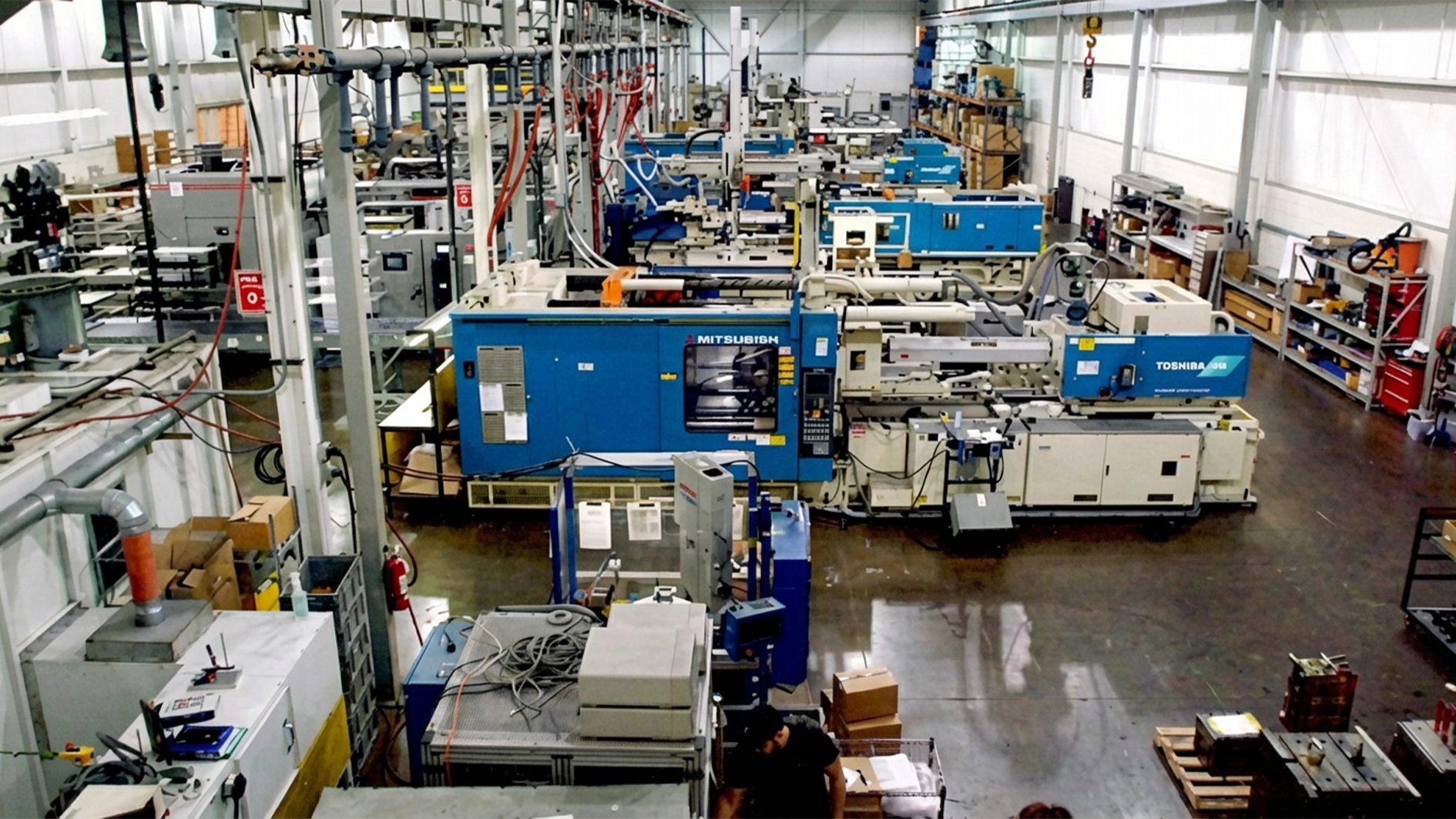
Shippers and manufacturers have expressed concerns over the impacts of exchange rate scarcity, cumbersome clearing processes, increased service charges and the overall rising cost of operations at ports.
The challenges, they said, are crippling both importation and exportation.
They highlighted that the fluctuating exchange rate coupled with Nigeria Customs Service’s (NCS) non-adherence to the Central Bank of Nigeria (CBN)’s directives on the opening of Form M, adversely affects shippers by increasing the landing costs of goods and negatively impacts market sales, thus leading to losses and rising inventories in warehouses.
Despite government policies aimed at supporting exports, the shippers contend that regulatory agencies at the ports are undermining the efforts through the imposition of multiple charges, including an N40,000 fee for every exported container.
The zdditional costs, they argue, erode the competitiveness of Nigerian exports in the global market.
The President of the National Shippers Association of Nigeria (NSN), Innocent Akuvue, voiced their frustration over the difficulties in accessing foreign exchange and inconsistent clearing processes.
He also raised concerns about the increasing cost of port operations, customs activities, valuation of imports and exports, service charges, compliance with the General Agreement on Tariffs and Trade (GATT) and the exclusion of shippers from discussions on port operations and trade facilitation.
Akuvue further highlighted the challenges posed by inadequate infrastructure, including road conditions and logistics for transporting goods from ports, particularly affecting those in the Southeast who rely on Lagos ports.
The Director of Cutix Plc and National Secretary of NSN, Mrs. Ijeoma Ezeasor, commented on the economic turbulence, pointing to the role of shipping issues in driving food prices and general inflation.
She criticized the chaotic implementation of policy reforms such as fuel subsidy removal and forex liberalisation, and the Central Bank of Nigeria’s (CBN) shifting role, which has complicated import, export, and manufacturing activities by causing unpredictability in exchange rates and leading to costly demurrage due to port delays.
Ezeasor noted that goods paid for in 2020, whose delivery was disrupted by the COVID-19 crisis, are now arriving in 2024 and are subject to current, higher rates at ports, resulting in financial losses for importers and manufacturers.
Former president of the Shippers’ Association of Lagos State (SAL), Jonathan Nicol, mentioned that the association has repeatedly attempted to introduce a new port order to address these issues.
He emphasised the association’s commitment to driving policy reforms initiated by former Vice President Yemi Osinbajo, aimed at reducing the number of government agencies at ports and facilitating easier business operations.
Nicol outlined plans to engage with government agencies to provide a blueprint for efficient port management, envisioning a system where shippers can clear their cargoes from the comfort of their homes within 48 hours.






